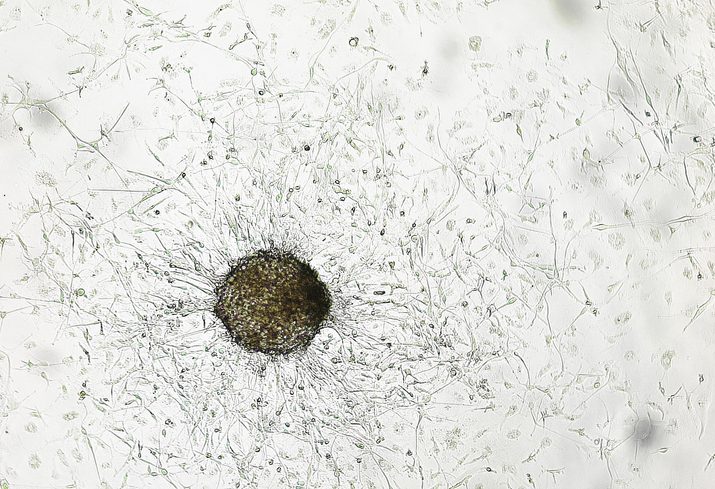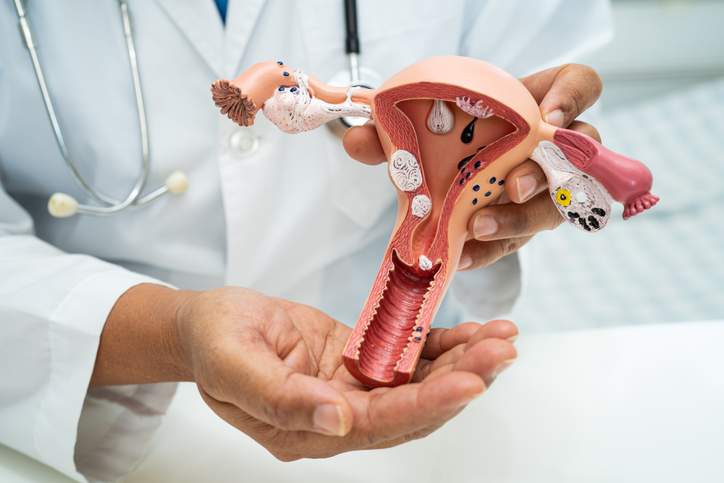
Cancer survivors are more likely to be hospitalized or die from seasonal influenza, even years after their cancer diagnosis, according to a new study.
Since the flu and COVID-19 are both epidemic respiratory viruses with similar risk factors, these findings could suggest that cancer survivors are also at increased risk of severe outcomes from the coronavirus.
This data comes from researchers at the London School of Hygiene and Tropical Medicine (LSHTM). The team analyzed medical records of more than 630,000 people in the United Kingdom from 1990 to 2014, including 108,215 survivors of a wide range of cancers. Rates of influenza hospitalization and death were compared between cancer survivors and the cancer free population.
The investigators found that the risk of severe influenza outcomes was more than 9 times higher in survivors of hematological cancers, such as lymphoma, leukemia, and multiple myeloma, compared with people with no prior cancer (adjusted hazard ratio [HR] 2.78, 95% confidence interval [CI] 2.04–3.80). This increased risk persisted for at least 10 years following their cancer diagnosis (HR 10.06, 95% CI 2.47–40.93). Survivors from other cancer types were also found to have more than double the risk of severe influenza outcomes for up to five years post-diagnosis (HR 2.22, 95% CI 1.31–3.74). These findings were consistent even after adjusting for known influenza risk factors such as age, smoking, socioeconomic status, body mass index, and other illnesses.
Although the risk was higher compared to the general population, the absolute risk of developing severe flu was relatively low overall, with about 1 in 1000 survivors of these cancer types hospitalized with the flu annually.
“We knew that people with cancer are at high risk of severe outcomes from these epidemic viruses soon after diagnosis, but we found that this increased risk also continues for several years after diagnosis. This means that vaccination and other preventative strategies are important considerations for the much broader population of longer-term cancer survivors,” said lead author Helena Carreira, PhD, Research Fellow at LSHTM, in a press release.
According to the researchers, limitations of the study include uncertainty that influenza risk factors have the same associations with COVID-19, and a lack of data on cancer treatments patients received.
This study was published in EClinicalMedicine.







 © 2025 Mashup Media, LLC, a Formedics Property. All Rights Reserved.
© 2025 Mashup Media, LLC, a Formedics Property. All Rights Reserved.